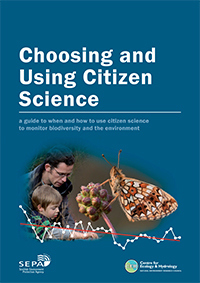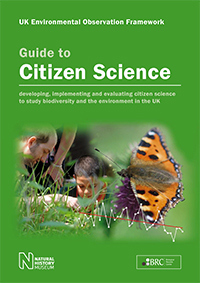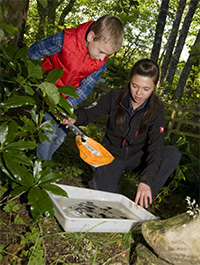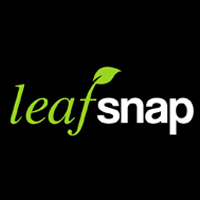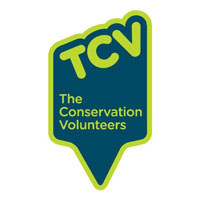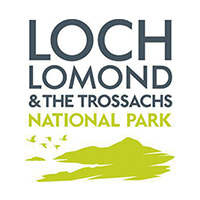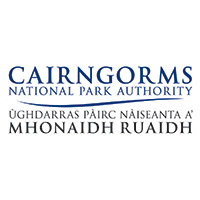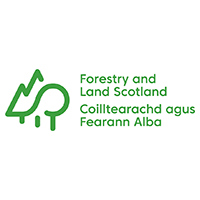 |
NBN Atlas Scotland
The NBN Atlas Scotland is a free online tool that provides a platform to engage, educate and inform people about the natural world. It will help improve biodiversity knowledge, open up research possibilities and change the way environmental management is carried out in the UK.
The NBN Atlas Scotland is innovative because the combination of the multiple sources of information about UK species and habitats, and the ability to interrogate, combine, and analyse these data – in a single location – has not been done before, on this scale. It aims to facilitate learning about and understanding the UK’s wildlife.
|
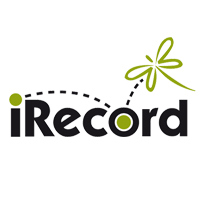 |
iRecord
iRecord App enables you to get involved with biological recording. Contribute your species sightings with GPS acquired coordinates, descriptions and other information, thus providing scientists with important new biodiversity information that contributes to nature conservation, planning, research and education.
Your data will be kept secure and will be regularly backed up. Automatic checks will be applied to your observations to help spot potential errors, and experts can review your sightings. All wildlife sightings for non-sensitive species are shared with other users and will be made available to National Recording Schemes, Local Record Centres and Vice County Recorders (VCRs).
|
 |
Ushahidi
Helping people raise their voice and those who serve them to listen and respond better
Ushahidi, which translates to “testimony” in Swahili, was developed to map reports of violence in Kenya after the post-election violence in 2008. Since then, thousands have used our crowdsourcing tools to raise their voice. We’re a technology leader in Africa, headquartered in Nairobi, with a global team. We are a social enterprise that provides software and services to numerous sectors and civil society to help improve the bottom up flow of information.
|
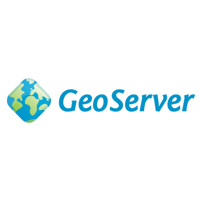 |
GeoServer
GeoServer is a Java-based software server that allows users to view and edit geospatial data. Using open standards set forth by the Open Geospatial Consortium (OGC), GeoServer allows for great flexibility in map creation and data sharing.
There is much more to GeoServer than nicely styled maps, though. GeoServer also conforms to the Web Feature Service (WFS) standard, which permits the actual sharing and editing of the data that is used to generate the maps. Others can incorporate your data into their websites and applications, freeing your data and permitting greater transparency.
|
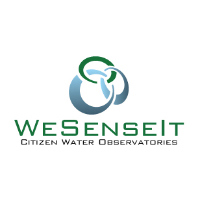 |
The citizen's observatory of water
Citizens’ observatories are emerging as a means to establish interaction and co-participation between citizens and authorities both during emergencies but also during the day-to-day management of fundamental resources.
WeSenseIt is a EU FP7 project (funded from 2012 to 2016) developing citizen observatories of water and flooding and thereby defining a framework in which authorities and citizens cooperate in.
|
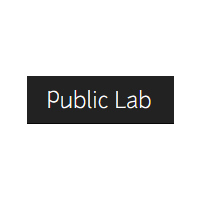 |
Public lab
Public lab is a community and non-profit democratizing science to address environmental issues that affect people.
We believe that generating knowledge is a powerful thing. We aim to open research from the exclusive hands of scientific experts. By doing so, communities facing environmental justice issues are able to own the science and advocate for the changes they want to see. By promoting a hands-on, do-it-yourself ethos, we support each other’s exploration, which leads to technical development and real applications in our communities.
|
 |
Air sensor toolbox for citizen scientists
The website provides information for citizen scientists and others on how to select and use low-cost, portable air sensor technology and understand results from monitoring activities. The information can help the public learn more about air quality in their communities.
Advances in low-cost compact sensor technologies for air quality measurement are inspiring environmental scientists and the general public to seek information about how to use them. The technology is providing more cost-effective ways to monitor air quality and helping the public learn more about air quality in their neighborhoods and communities.
|

